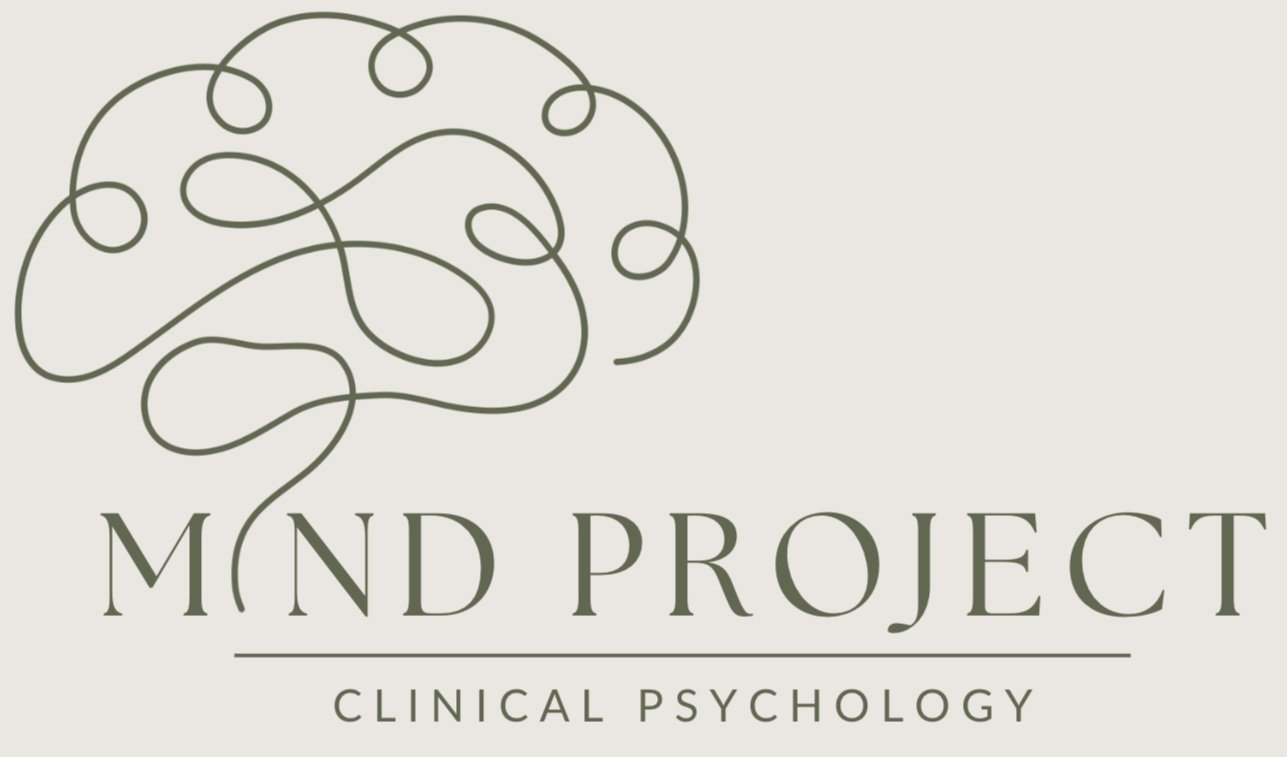Emotional Avoidance
Nobody likes painful emotions, and no wonder - they hurt! And because they hurt, people are very adept at avoiding them: we can avoid a situation outright, binge eat, self-harm, abuse drugs, people-please, scroll on our phone, excessively plan, dissociate, seek excessive reassurance, escape into a book, procrastinate…
You name it – the list goes on.
Now, to be fair, avoiding painful emotions makes perfect sense: we feel distressed, we avoid, we feel better. It looks like this:
Distress—> Avoidance—> Relief
However, the relief is typically short-term, and what’s more, there is often a steep price to be paid for emotional avoidance.
Avoidance maintains and increases distress long-term
If you are afraid of dogs and leave the dog park because of anxiety, you will inadvertently reinforce the notion that:
A) dogs are dangerous;
B) the anxiety was unbearable; and
C) the Avoidance ‘worked’ in keeping you safe and reducing distress.
Consequently, the next time you take a stroll through the park, you will feel even more anxious and feel an even stronger urge to avoid. You’ll become more fearful and more dependent upon avoidance. What’s more, it reinforces the notion that anxiety itself is ‘bad’, ‘dangerous’, ‘unbearable’, and that you can’t cope with it. You’ll become phobic of anxiety itself. And this doesn’t just apply to anxiety either – it applies to all emotions. If you avoid any emotion, you’ll come to fear it, and that always makes it worse. Even a small amount will be ‘too much’ or ‘too distressing’, and your urge to avoid will be very strong.
Avoidance behaviours are often problematic in their own right
Some avoidance behaviours are seemingly harmless (“I’m not interested in the dog park anyway”). However, some are inherently damaging and/or addictive - starting out innocently enough but grow into big issues. Examples include self-harm, binge eating, alcohol, illicit substances, gambling, pornography, and social media.
Avoidance can interfere with the development of more effective skills
There are often a range of skills that can help you deal with challenging situations and emotions. A big part of psychological therapy is to impart such relevant skills. But if you always avoid, you never learn the skills. It makes avoidance the ‘only option’.
Avoidance can get in the way of a meaningful life
If you always avoid the dog park, you never get to enjoy it. It you forever smother sadness, perhaps you never grieve and never move on. If you can’t tolerate guilt, perhaps you never say no – and sometimes, we need to say no. In short, if we cut ourselves off from certain emotions, we cut ourselves off from certain experiences.
If you’re convinced emotional avoidance is a bad idea, stay tuned for future posts on Distress Tolerance and Emotion Regulation.
